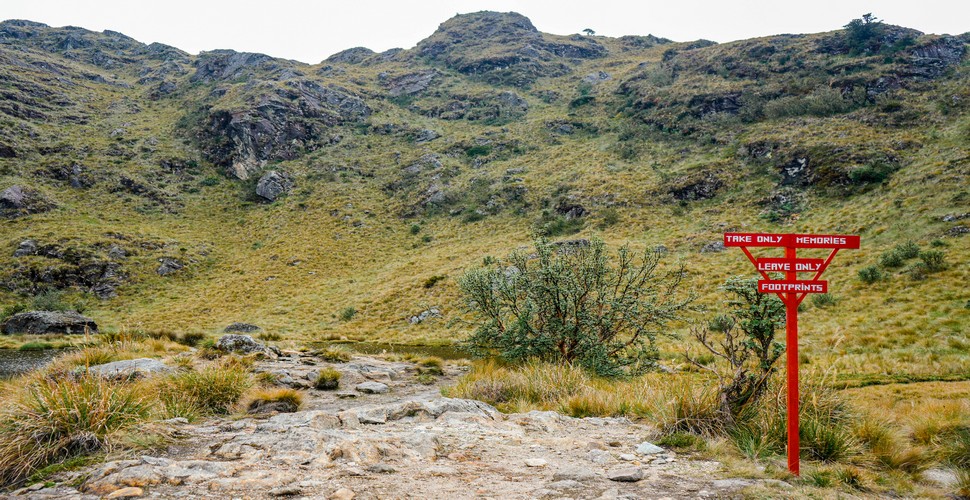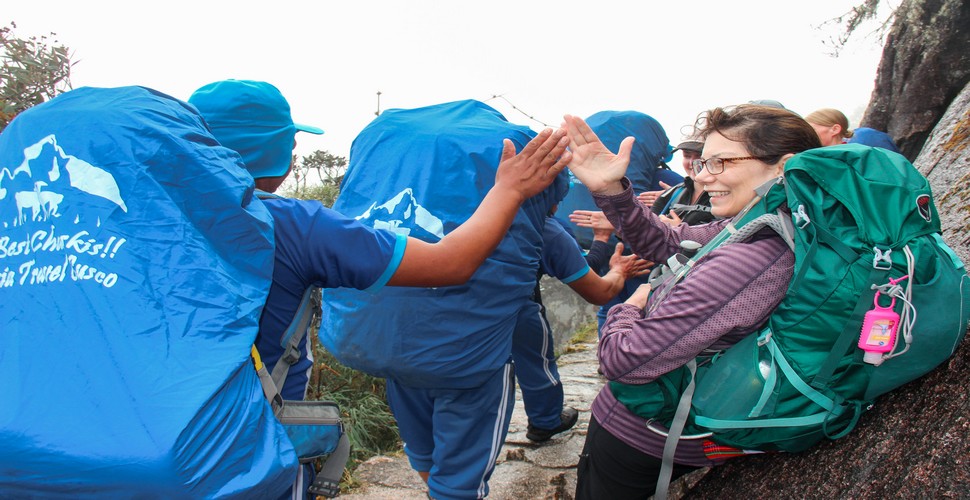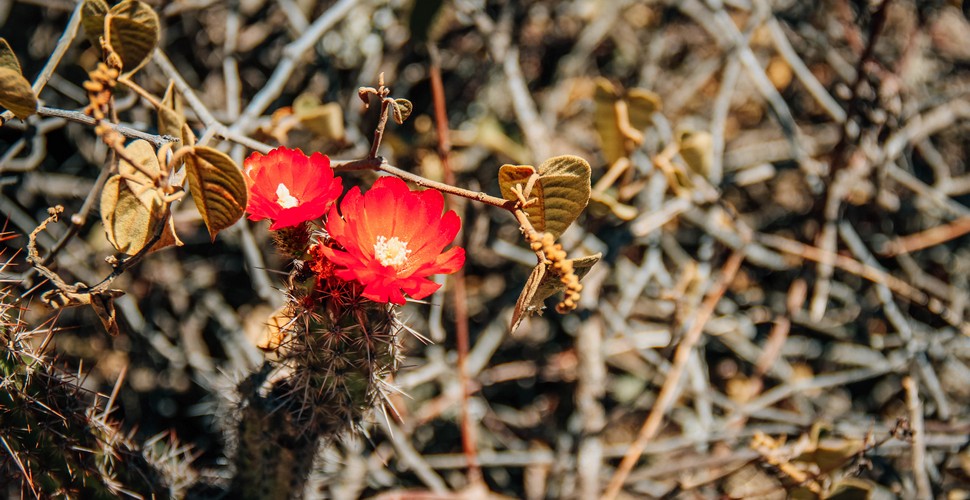
Sustainable Practices For Trekkers
Sustainable tourism practices are crucial for protecting the natural beauty and cultural heritage of destinations like Peru, especially along treks such as the Inca Trail to Machu Picchu or the Salkantay Trek. Here are some eco-friendly tourism practices for trekkers in Peru who are planning to hike to Machu Picchu.
Sustainable Trekking in Peru
Peru has long been a magnet for travelers seeking an adventure that combines natural wonders and historical intrigue. From the awe-inspiring ruins of Machu Picchu to the lush biodiversity of the Salkantay Trek to Machu Picchu, the allure of Peru is undeniable. However, as the global movement towards eco-consciousness gains momentum, it becomes imperative for trekkers to explore this remarkable country with a commitment to sustainability. From supporting the indigenous people on Andean trekking routes to responsible wildlife viewing along the Inca Trail, reducing plastic waste along the Inca Trail hike, to choosing eco-friendly Peru tour Operators for your Peru trekking adventure, this guide is your roadmap to responsible and sustainable travel along the Inca Trail. and on other alternative treks to Machu Picchu. Discover how you can immerse yourself in Peru's wonders while leaving only footprints and taking away unforgettable memories and a sense of fulfillment for having achieved the magnificent Inca Trail. Join us on this journey to explore the best of Peru in a way that respects its heritage and protects its natural beauty along the trekking routes to Machu Picchu, the country´s signature site.
Support Local Communities Near Machu Picchu
Purchase from local stores along the trekking routes, eat in local restaurants where possible on route to the trailhead, and buy from local artisans. Use Peru tour Operators who employ porters, cooks, and guides from the local communities. This helps the local economy and reduces the carbon footprint associated with large, international travel companies.
Responsible Wildlife Viewing On Peru Treks
When hiking along the alternative treks, choose operators that follow ethical wildlife viewing guidelines. Avoid tours that engage in activities harmful to animals, such as riding them, using them for tourism purposes, or getting too close to nesting sites, for example. Respect the natural habitat on your trekking expeditions.
Respect Cultural Heritage on Your Cusco Trek
Peru has a rich cultural history. When visiting archaeological sites like Machu Picchu or historic towns like Cusco, be respectful of the heritage. Do not touch or climb on ancient structures, and follow the guidance of local authorities.
Reduce Plastic Use at Machu Picchu
Carry a reusable water bottle on your Machu Picchu treks, and use water purification methods to reduce the need for single-use plastic bottles. Avoid using plastic bags and opt for reusable bags for carrying your trekking items on your alternative treks to Machu Picchu.
Choose Sustainable Machu Picchu Tour Operators
Hike the Andean treks with local tour operators like Valencia Travel Cusco that have sustainability initiatives, such as waste reduction, renewable energy use, and low-impact transportation options. They should also employ local guides who can provide insight into the culture and ecosystem.
Responsible Trekking Along The Inca Trail Trek to Machu Picchu
If you plan on hiking along the Inca Trail to Machu Picchu, use the services of operators who follow “Leave No Trace” principles. Pack out your waste, and choose responsible tour companies with responsible camping practices who carry out all their waste from the Inca trail campsites. The same goes for the alternative treks, such as the Salkantay Trek or Ausangate Trek, where we hike through delicate ecosystems.
Public Transportation to Machu Picchu
Use public transportation or shared transportation options when moving between cities or exploring regions. This helps reduce the carbon footprint associated with private vehicles.
Learn About the Local Ecosystem of The Inca Trail and Alternative Trekking Routes.
Take the opportunity to educate yourself about the local flora and fauna along the Inca Trail to Machu Picchu, or the Salkantay Trek. Understanding the environment of your particular trekking route helps you appreciate it more and encourages its protection.
Dispose of Waste Properly along Your Peru Trek
Always use designated trash and recycling bins at Machu Picchu and do not litter. In rural areas, along the Inca Trail, pack out your rubbish to avoid impacting local ecosystems, which will affect the flora and fauna along your trekking route.
Respect Wildlife and Nature on Your Trek to Machu Picchu
Do not disturb wildlife, and stay on designated paths, especially along the Inca Trail and during the Machu Picchu visit, to minimize your impact on the environment and the historical archaeological site. Keep to the designated paths along the Choquequirao Trek or the Ausangate Trek.
By following these sustainable practices, eco-friendly tourists can help preserve Peru's stunning natural beauty and rich cultural heritage for future generations while also supporting local communities and minimizing their environmental footprint during their Inca Trail treks and Machu Picchu vacation packages. Eco-friendly tourism practices not only enrich your travel experience but also ensure that the natural beauty and cultural richness of the Inca Trail trek to Machu Picchu, or the Lares trek, are preserved for future generations.
 Aventure
Aventure
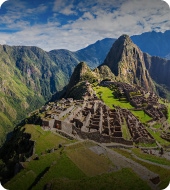 Cultural
Cultural
 Gastronomy
Gastronomy
 Wellness
Wellness
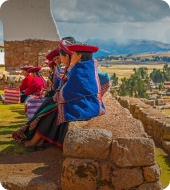 Local Living
Local Living
 Luxury
Luxury
